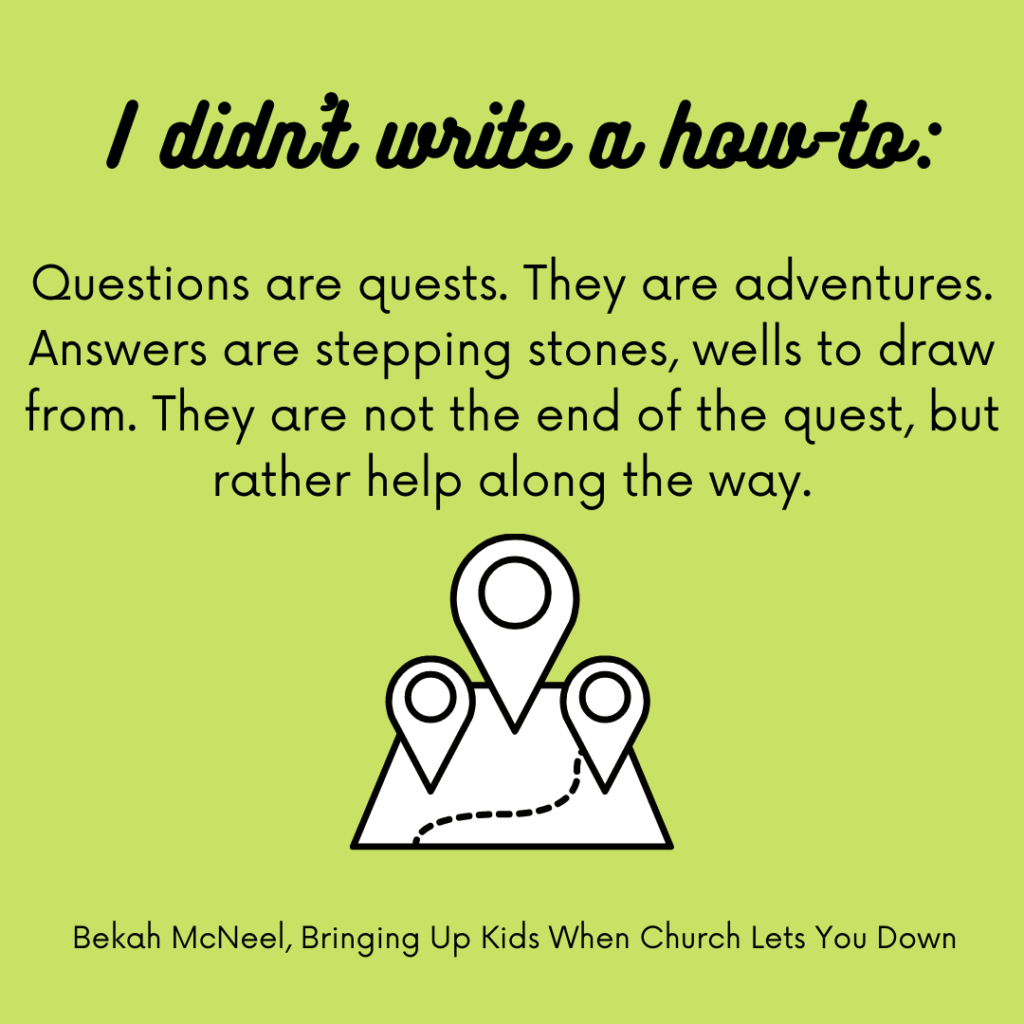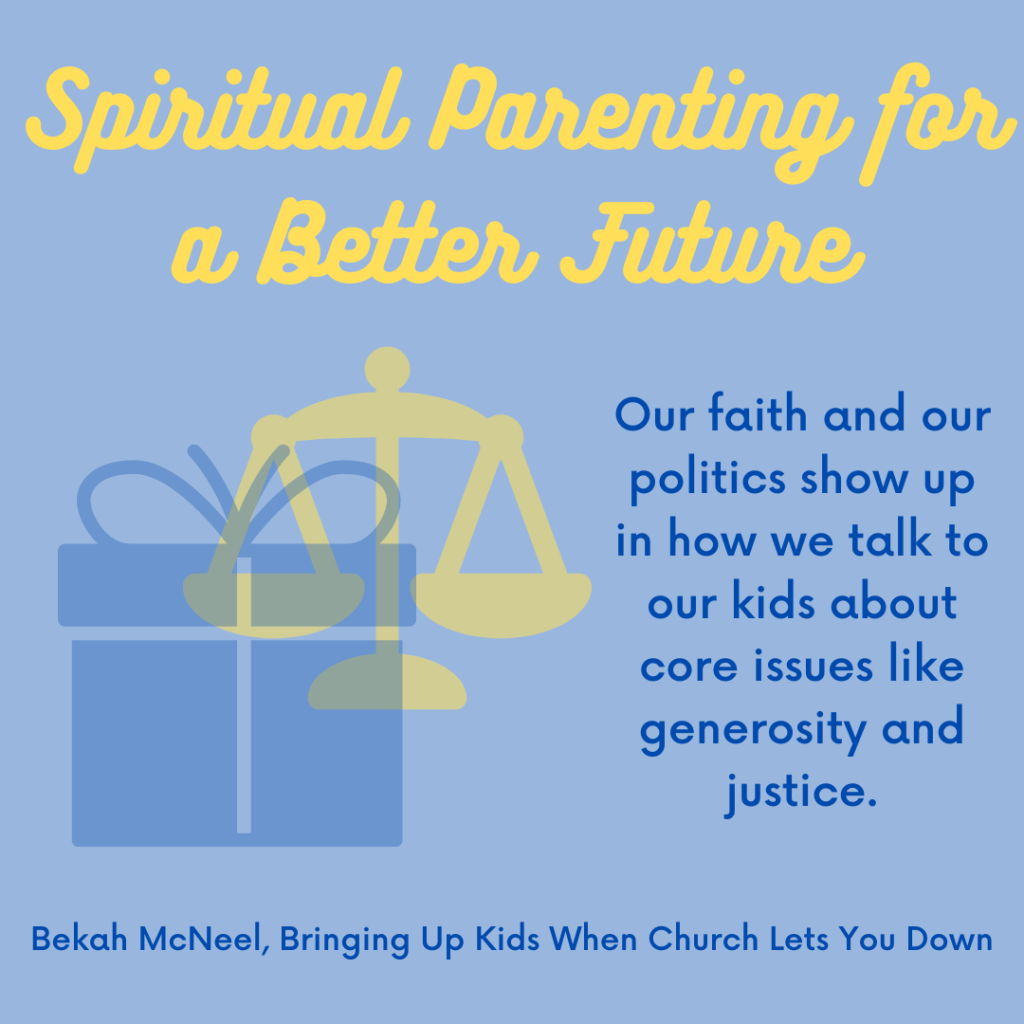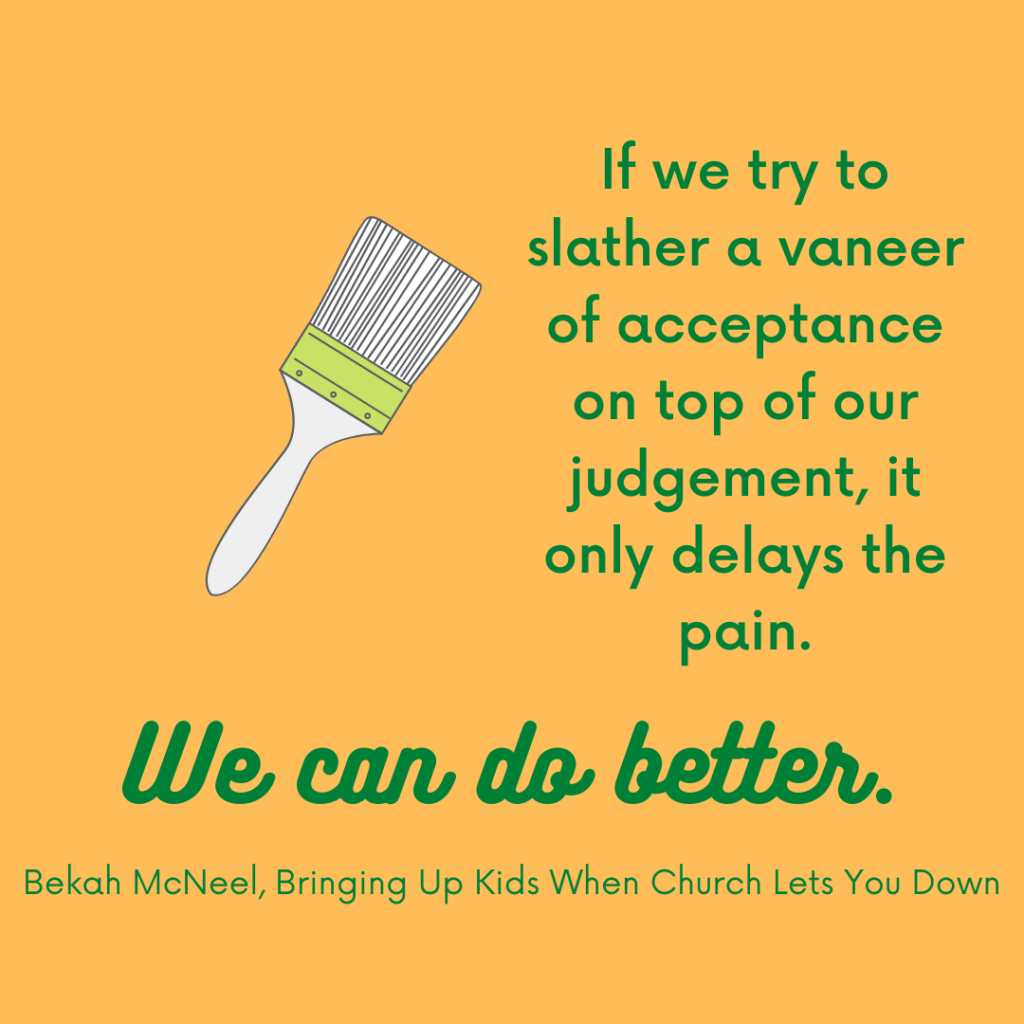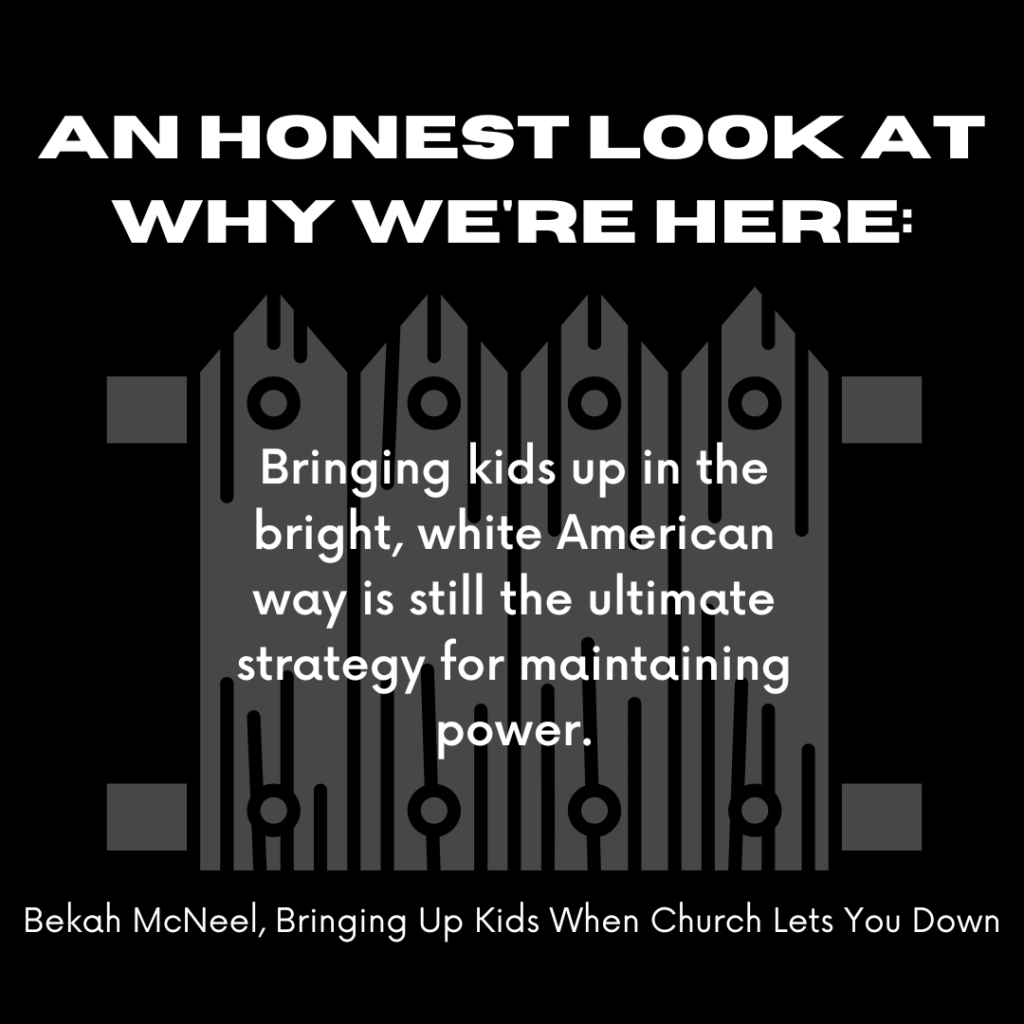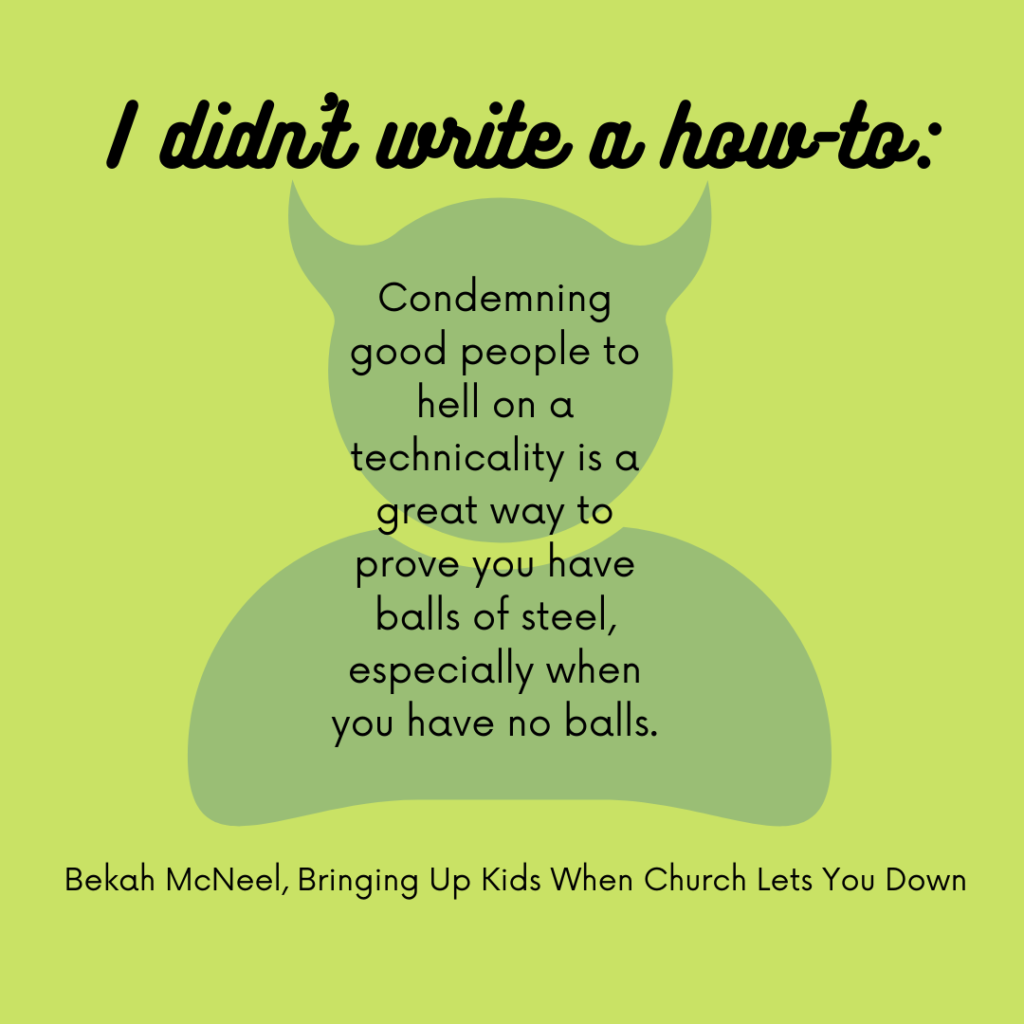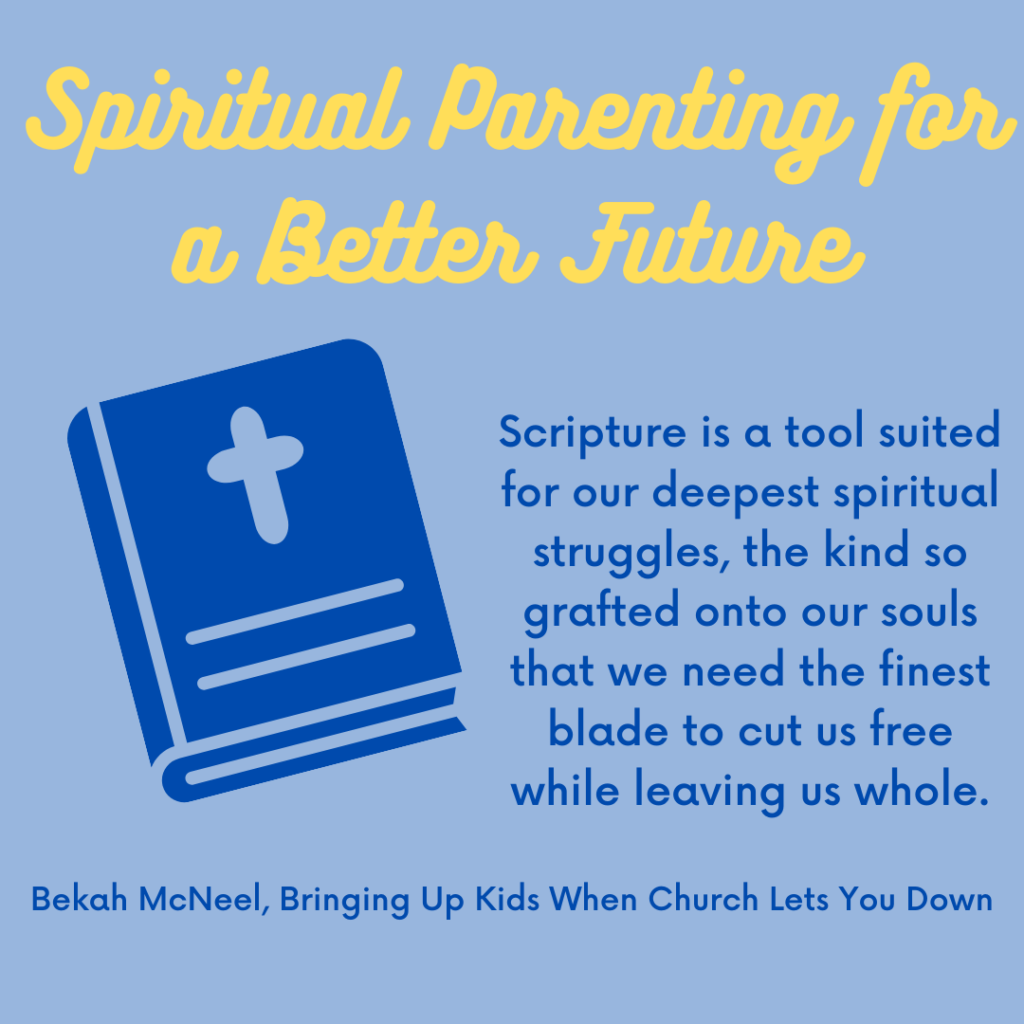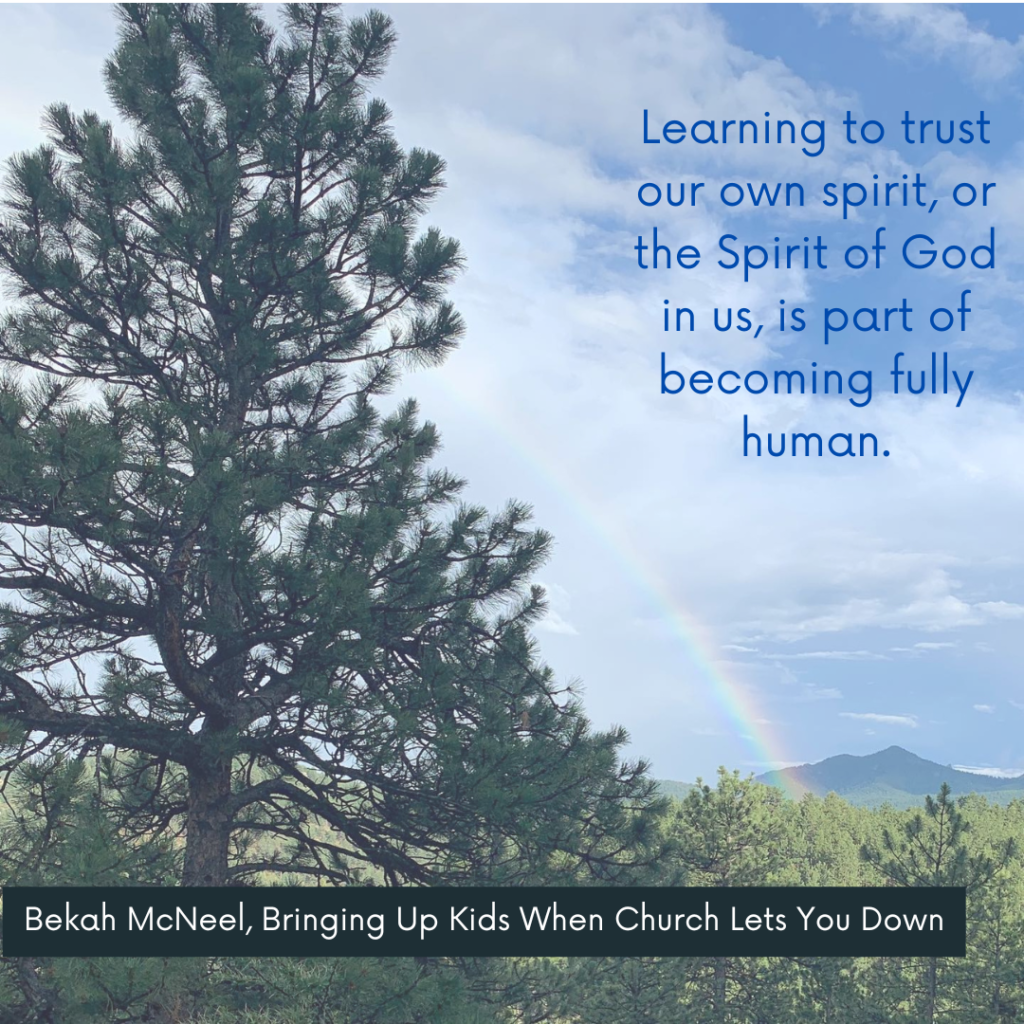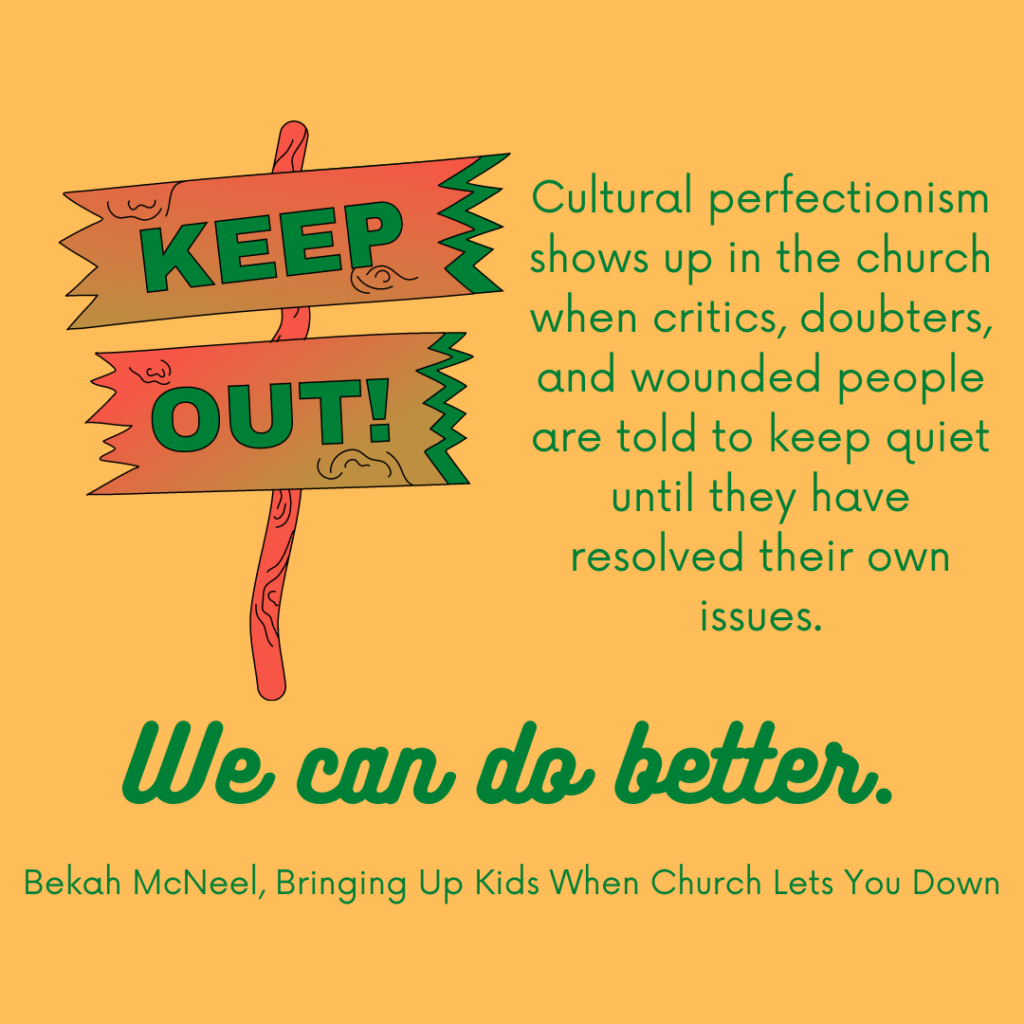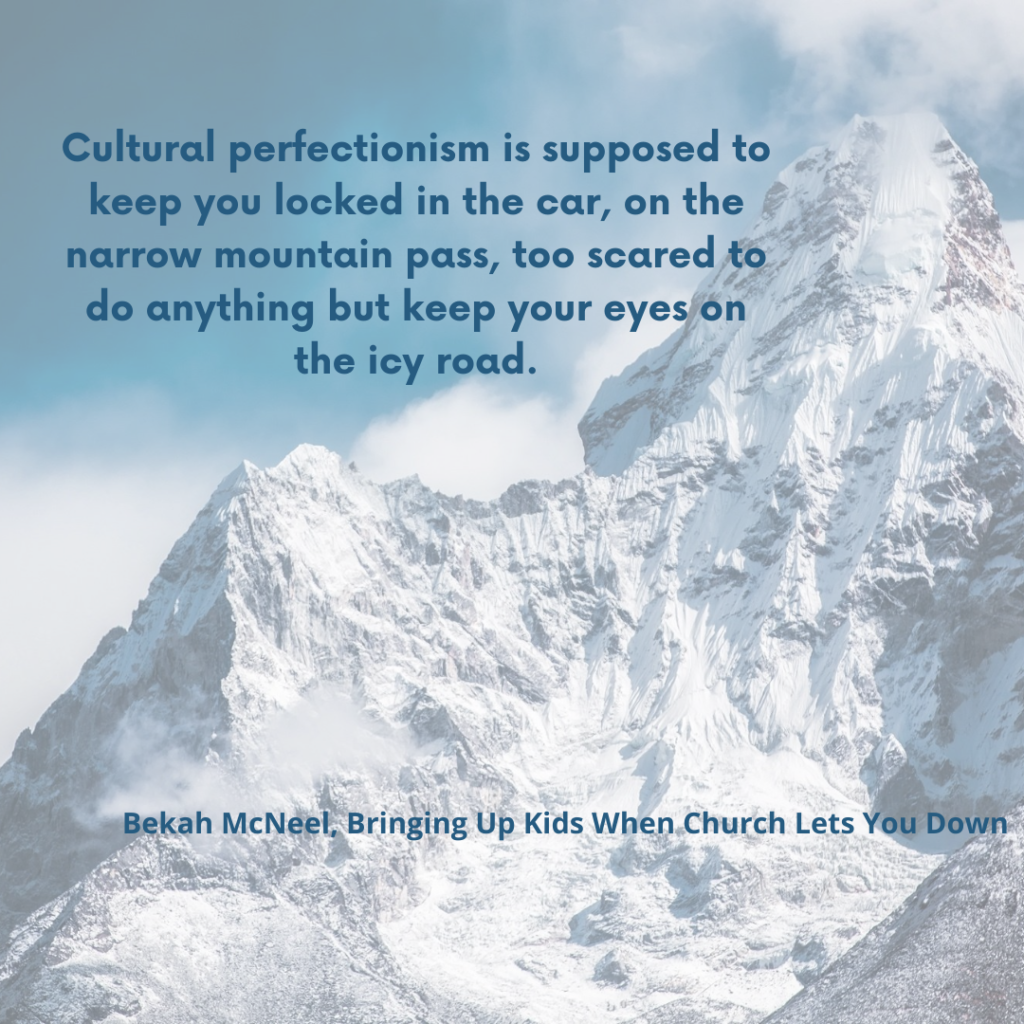Is Church Worth Crying Over?
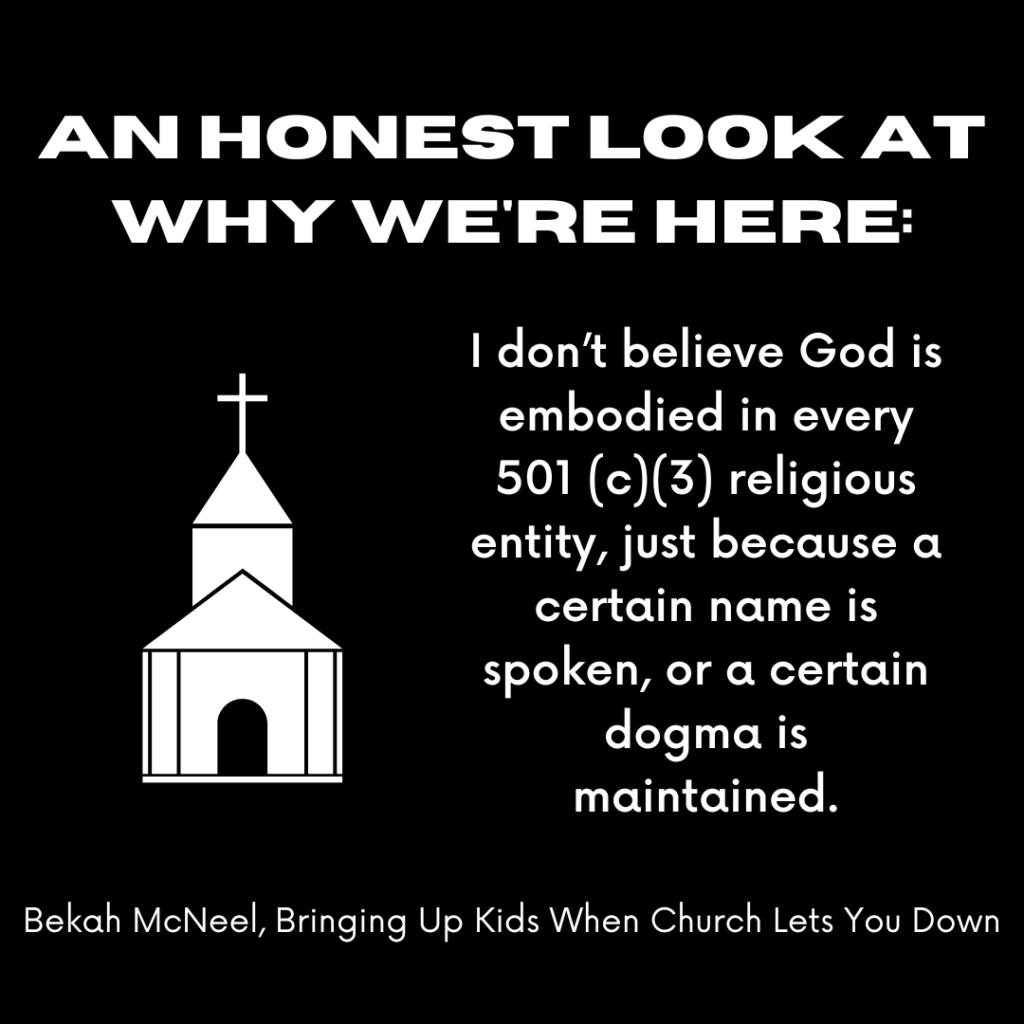
A lot of churches are struggling right now. In addition to the people leaving for reasons unrelated, the pandemic got many of us out of the rhythm of weekly attendance. But what’s more, when we fell out of the rhythm, we realized that we felt something else. We felt relieved.
Some have told me they feel happy not to have to put on a holy show when they have not felt close to God in years.
Others feel relieved not to have to avoid the harmful and offensive things said casually by people who have found church to be a safe place to air their racist, sexist laundry.
A few feel relieved to not fear being found out for a lifestyle the church condemns.
My own relief was related to severe social anxiety, particularly around people judging my kids. Nevertheless, two years in, I’m missing community. It’s important to be together, and I need to see myself in the context of the family of God. But after two years off, and eight years of struggle before that, I’ve got some suspicions.
Suspicion #1: I don’t think calling yourself a church makes you any more likely to operate as the body of Christ than a PTA or a Country Club.
Church as we know it is not inevitable. It’s not the only way to do this, and it looks radically different than it has in the past. But we seem so married to the WAY we do things, assuming the format was ordained, and seem to be on the hunt for the corrupting influence. I’m reading and hearing a lot of hand-wringing over the church’s fumbles and stumbles, and how they have contributed to the present anemia. Blame the Trump era. Blame the 1980s. Blame the culture. Blame social media. Blame CRT. Blame women. Blame millennials. Blame sex scandals.
A lot of folks are saying we need different leaders, more humble leaders. The problem, they assess, is with the type of person attracted to the pulpit and celebrated there. We’re picking arrogant, rough people to do holy work.
But what if the work of church-the-institution makes humility nearly impossible. What if it makes holiness obsolete, because it is inherently embedded in a hierarchical power structure that will either corrupt or devour you? Have we created a power center instead of a body?
If we start there, then, yeah, I agree we should take a look at who feels called to this work.
Suspicion #2: Power-hungry pastors are inevitable in the current model
Could it be that this “calling” so many feel is actually the call of the One Ring? Is it possible that the desire to tell others how to live, how to worship, how they may access God is a desire we should be more careful with? Should we be more suspicious of those who desire to speak for God?
I’m open to being wrong here, but I spent 10 years surrounded by people who were “called to ministry” (myself included) and I didn’t see a lot of people delighting in the lowly things. Like real service to messy folks. I saw a lot of aspiring executives, creatives, and moguls. A lot of folks who didn’t know how to be in a relationship where they didn’t have some kind of authority.
I also saw a lot of people delighting in the “me and my bros against the world” vibe so many seminaries cultivate. So few admitting that authority over how people related to God counted as real power. These fools believed they were the margins when they were, like the elves or dwarves, keepers of rings themselves.
Here’s the thing: I heard the call of the One Ring in my own dark nights, and I saw its glint in the hungry eyes around me.
Years later, after I left, I got the affirmation I was after. Not from ministry, but from other places.
I heard the thunderous applause.
I saw the audience numbers, in the form of clicks and views.
Oh this, I realized, this is all I was after all along.
My soul is tarnished, friends, just like everyone who desires a public platform or a position of leadership. It’s a desire for power, and if I indulge it, if I stop trying to appeal to people and start trying to exercise authority over them…you should run. I have no authority. Don’t let me pretend I do. Only your spirit can determine what is true or right or lovely in my words.
And I’ve seen the so-called discernment processes governing “calling” in the churches we know. Governed by men who do not admit their own biases. Continuously elevating men who agree with them, who smoke cigars with them, who look like them. I’ve seen the training process, the boot camp teaching the “called” to fight off bad ideas instead of how to divest oneself of power as regularly and constantly as possible.
Power doesn’t just tempt you to abuse it. It doesn’t just become a problem when you steal, harass or berate. Those are end-stage symptoms. Power has to be accounted for in every interaction. It’s not something you use or don’t use. It’s always working, and you have to adjust accordingly.
Suspicion 3: We will be churchless for a while
The last church we attended did not survive the pandemic. Its last day was March 6. So my habitual return to the place I first and last met God is now a bigger question mark than ever. Do we find a new church? Do we keep holding onto the glimpses and glimmers in spite of the broken record of power and corruption? Or do we get serious about building something new.
Where would we even begin?
Jesus’s whole thing was this “upside down kingdom”… this impossible scenario where whoever desires to save their life must lose it. We have no idea how to do that, friends. The early church was making it up as they went, and things only went further off the rails after that. Cathedrals. Popes. Wars. Empires.
I want there to be a “church.” I want us to gather together, to support and love each other, to place ourselves in the context of belonging. Together we can support those in need. We can be the light that beckons weary travelers. I know there are places and communities and networks who do this. People have told me how they find it in recovery groups, specific churches like House for All Saints and Sinners, or religious networks like Evolving Faith. I know there are ways to intentionally gather, but the hard work seems to be figuring out how to separate leadership and power.
There’s no radical model around me. I’m not within a stone’s throw of some new kind of institution. So the best I can hope for is to either find God embodied between just two or more, or, if I ever return to the institution, to find one where the corrosive effect of power is taken seriously, not as something to which certain personalities or governance structures are just immune. But for today, just being real, I’m not sure I have the energy to look.
